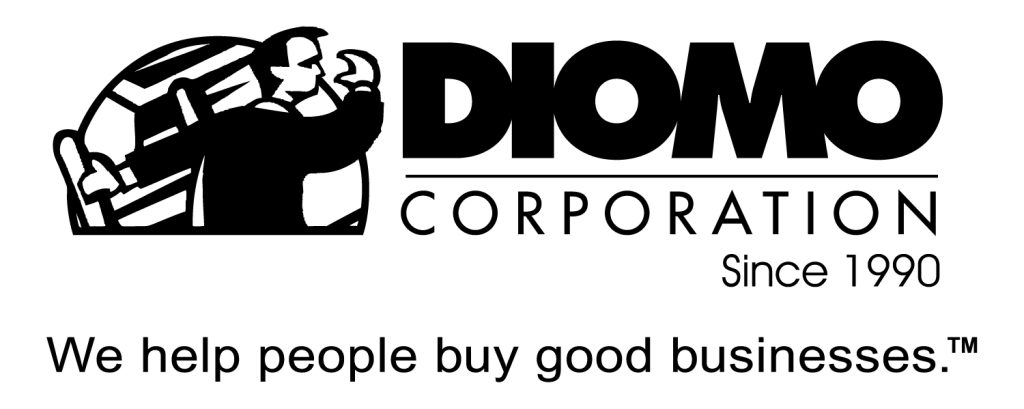Although I am a huge believer in the value of utilizing effective data when making any decision, one area where prospective business buyers and sellers often get side tracked is when attempting to use industry specific information regarding a business for sale. Comparable figures have long been the gospel metric with the sale of property and clearly, they can be an extremely valuable tool for both buyer and seller in real estate transactions. However, a functioning business is completely different from property. There are infinitely more variables to consider.
Unlike a property which barring any unforeseen circumstances will still be standing a few years after of a sale, a business without solid fundamentals probably won’t be operating. As such, strictly utilizing industry averages or prior business sale comparables as the basis for the asking or offer price is not a viable strategy.
Certainly, it makes sense during the analysis stage to consider what other like businesses have sold for or what industry averages may be regarding financial data, but it is nearly impossible to find two exact businesses. For example, if there are two similar types of businesses which, at face value, have the same attributes, and both have generated $100,000 of profit in their most recent fiscal year, are they worth the same thing? What if Business A generated $50,000 three years ago and $75,000 two years ago whereas Business B generated $200,000 then declined to $150,000 in the same period and is now at $100,000? Obviously, the business trending upwards is worth more – right? Well yes, but not necessarily. What if Business B has just signed new long tem contracts with several major clients, or has recently launched a new product or service which has already garnered great success and the business is on track to generate $150,000 of profits next year?
This example alone is an indication that a buyer must consider the core fundamentals but more importantly, has to take into account what “life will look like” after they take over the business. While a buyer should not value a business based upon the future, the single most important consideration to be made is to determine the sustainability of the business post-sale. This factor alone can debunk the theory of using any industry comparables or averages to value a business, both from a buyer and seller’s perspective.
I have seen far too many buyers get hung up on using business sale comparables and not be willing to pay a bit of a premium for a rock-solid business which is a terrible strategy. A business is a fluid and living entity and generally, the industry comparables that are used are just that – general data, not in any way specific to the individual business being considered. Although comparables can be utilized as a barometer to consider, they are not absolute. They are usually more effective when used by one side in the deal to get the other party to move up or down in their valuation. In other words, they provide good negotiating resources when used properly by either side.
I am not suggesting that anyone simply disregard comparable sales or industry data. Rather, these metrics should be part of, but not stand alone data points to use in one’s overall assessment of any business for sale. Buyers (and sellers) have to understand that a business has to be valued on its specific present-day merits, past performance and outlook for the future. Looking at what other businesses have done or were sold for, regardless of their supposed similarities is not necessarily relevant. It is far more important to dig into the specific business’ fundamentals and determine whether or not it provides a platform that a new owner can firstly sustain and secondly, can be grown in the future under new ownership.
Have a great week.
Richard Parker
Diomo.com – The Business Buyer Resource Center™

